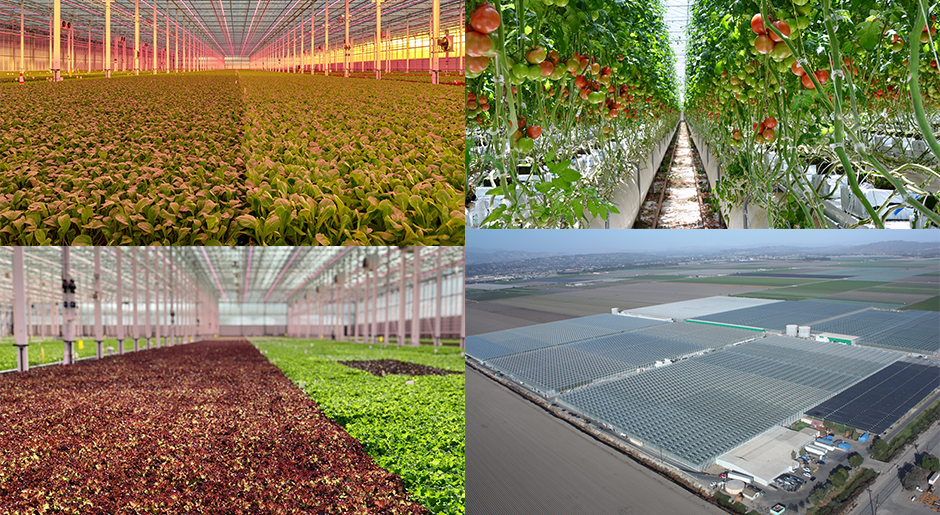Real Assets Advisor
By: Jody Barhanovich
Equilibrium Capital Group, a sustainability-driven real asset investor, has partnered with Houweling’s Group in an equity investment in Houweling’s advanced technology greenhouse facilities. Equilibrium and Houweling’s will expand and modernize the greenhouse grower’s facilities in California and Utah. The transaction brings Equilibrium’s total investment in the controlled environment agriculture and foods sector to more than 200 acres.
“We see a tremendous opportunity for the future of controlled environment foods,” said David Chen, chairman of Equilibrium. “By partnering with top-tier operators such as Houweling’s, we will grow with the demand for year-round greenhouse and regionally grown foods.”
Houweling’s is a pioneer in North American greenhouse agriculture, said Chen. He continues, “We are impressed by their greenhouse in Utah, which uses the waste heat and CO2 from the neighboring natural gas power plant. This is economically driven sustainability. It is a practical, at scale, and closed loop use of our natural resources.”
The Houweling’s facilities investment follows Equilibrium’s December 2018 equity investment in the greenhouse facilities of Revol Greens, a Medford, Minn.-based producer of greenhouse lettuces and leafy greens. Equilibrium saw the opportunity to partner with Revol, an operator with opportunity for market growth leveraging their regional and sustainability-driven competitive advantages.
Equilibrium is also an investor in the North American hydroponic berry sector, with significant operating assets and plans to expand to more than 350 acres of hydroponic berries in the next 24 months.
Equilibrium’s investments in controlled environment foods build on the firm’s decade-long work in production agriculture and food. The investments leverage the insights Equilibrium has gained from its production assets, and from building markets with its farmer and food partners.
“Farming is undergoing a profound shift to a capital and production infrastructure intensive model to meet the demands of consumers, retailers and food processors for more reliable, year-round, fresher, and sustainable foods,” Chen concluded. “Our food system is moving toward controlled environment and distributed infrastructure as a means to adapt to the stress of climate change on current land-rooted systems, and the need to optimize our available land, water, and labor resources. Beyond vegetables and fruits, we will see this trend continuing to other areas of food production, including aquaculture and alternative proteins.”
Equilibrium has developed market-leading platforms in advanced agriculture infrastructure, covering strategies that include regeneratively grown permanent crops, controlled environment foods, and waste-water-energy distributed infrastructure. The firm has offices in Portland, Ore.; San Francisco; and London.

